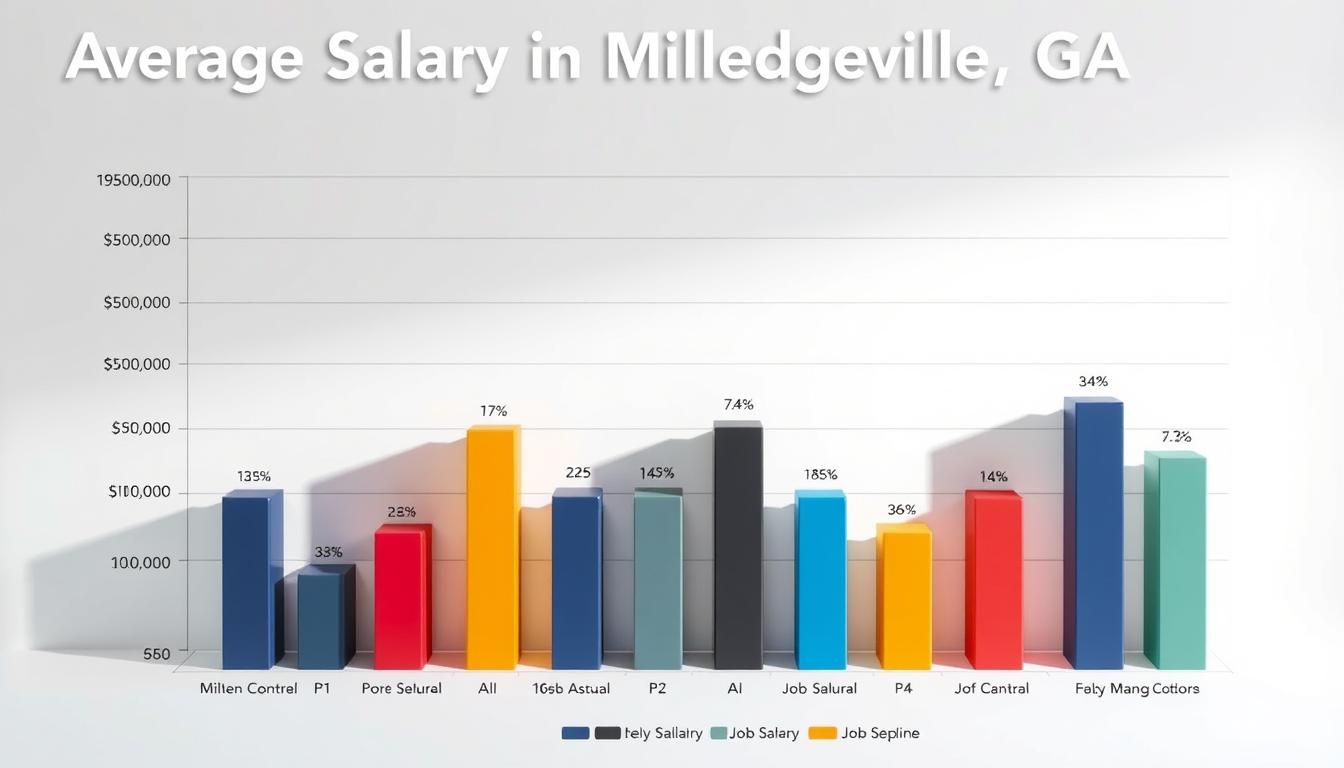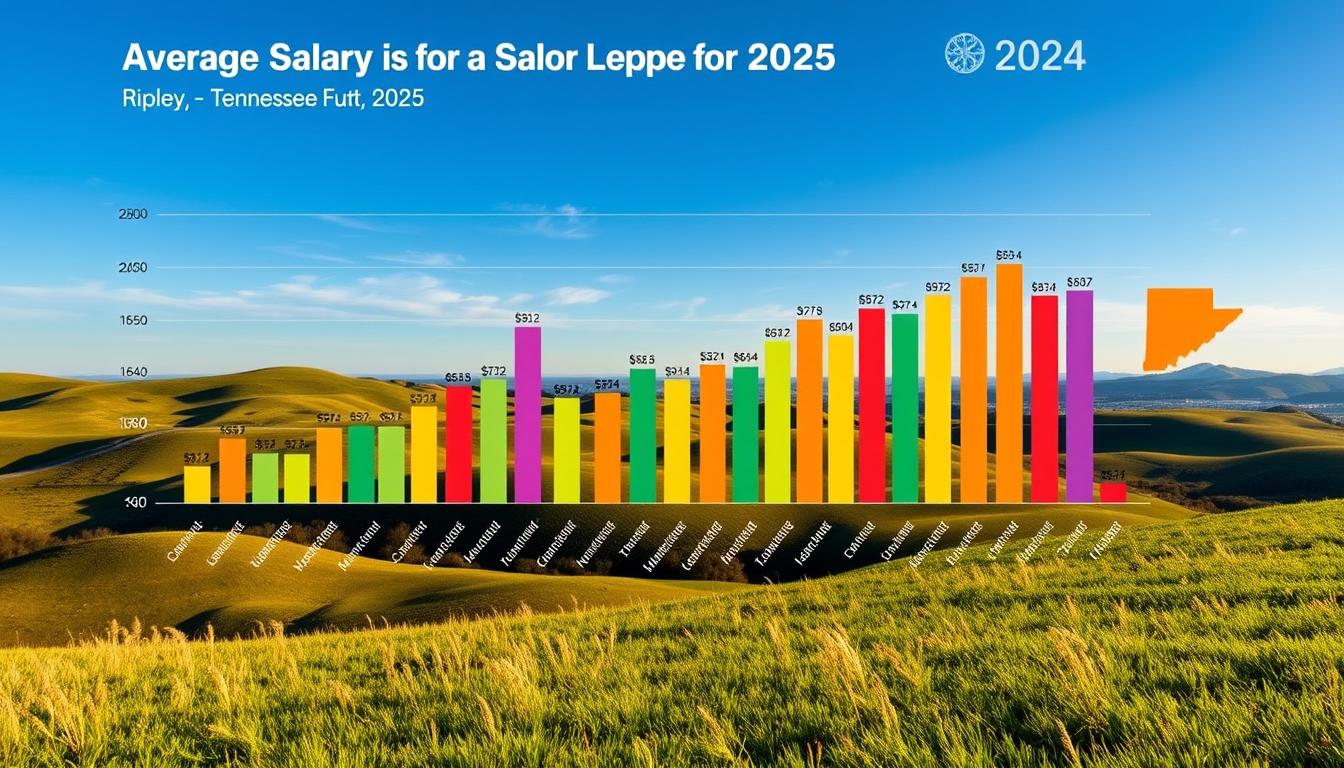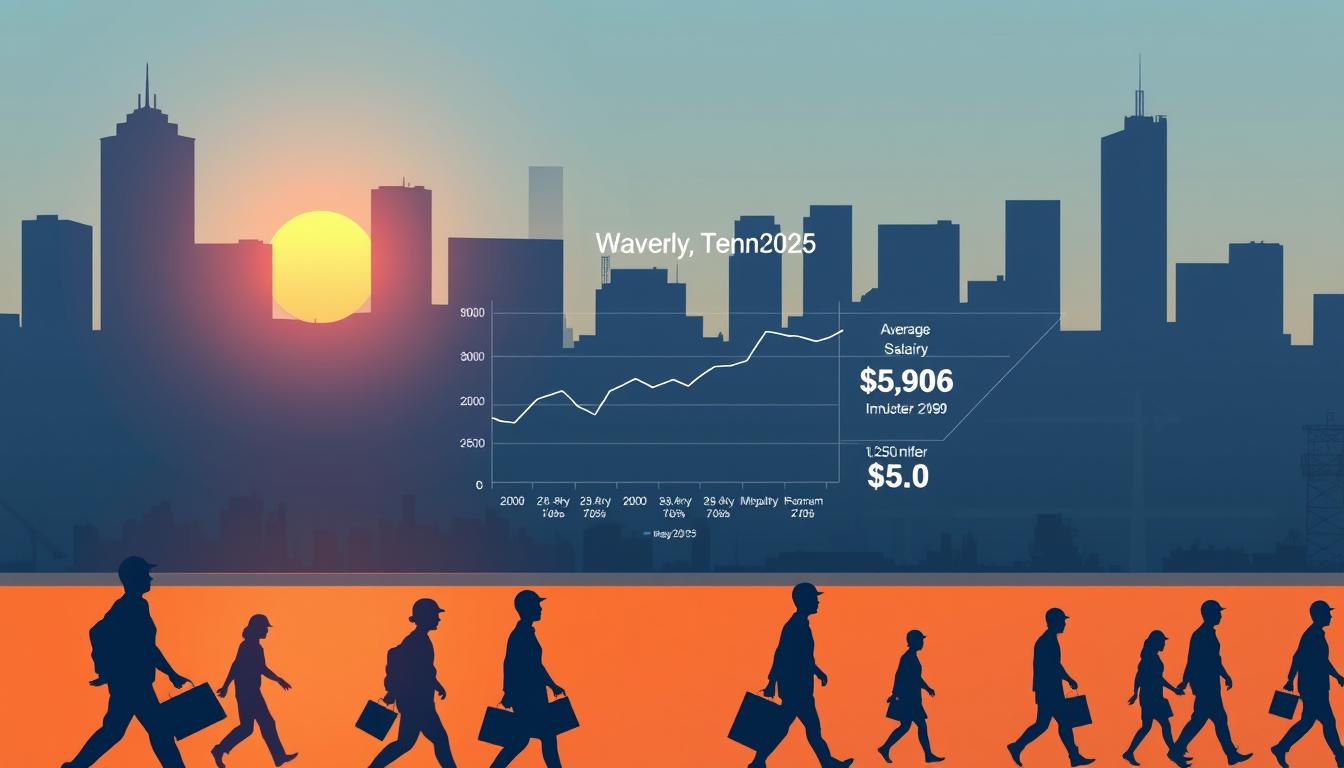Demand for SAP expertise has surged by 43% since 2023, with companies scrambling to fill roles before the 2027 S/4HANA migration deadline. This shift isn’t just about technical skills – modern consultants now drive business transformation while bridging IT and executive teams. If you’re eyeing this lucrative field, understanding the evolving expectations is critical.
Today’s SAP professionals combine deep system knowledge with strategic vision. Specializations range from finance module customization to cloud integration, with salaries often exceeding $120,000 for mid-career roles. Tools like RoboApply’s resume builder help candidates highlight these hybrid skills effectively, cutting application prep time by 60%.
The rise of intelligent ERP systems creates opportunities beyond traditional tech sectors. Healthcare, manufacturing, and even entertainment firms now seek consultants who can translate SAP capabilities into competitive advantages. Successful candidates master both system architecture and stakeholder communication – a balance that separates contenders from frontrunners.
Key Takeaways
- S/4HANA migration deadlines are accelerating hiring across industries
- Modern roles require technical skills paired with business strategy expertise
- Specializations in finance, logistics, or cloud integration boost market value
- Employers prioritize candidates who demonstrate innovation leadership
- Automated tools streamline resume optimization for SAP-specific roles
Understanding the SAP Consultant Role in 2025
Modern SAP professionals shape enterprise success by translating technical capabilities into measurable business outcomes. They’re not just system experts – they’re strategic partners driving efficiency across departments.
Defining the Role and Responsibilities
Your day starts with analyzing workflows to identify SAP optimization opportunities. For example, you might redesign procurement processes in SAP MM (Materials Management) to cut supply chain delays by 30%. Mid-morning could involve configuring FICO modules to automate financial reporting for a retail client.
Afternoons often focus on troubleshooting – resolving authorization errors in SAP GRC or optimizing HCM payroll integrations. You’ll document every change while preparing user training materials. Key deliverables include system health reports, process improvement plans, and post-implementation support schedules.
Specializations and Industry Applications
Four paths dominate the field. Functional experts master specific sap modules like SD (Sales) or PP (Production Planning). Technical consultants code custom ABAP programs or manage cloud migrations via SAP BTP. Architects design full-scale solutions, while project managers oversee deployments from blueprint to go-live.
The manufacturing and healthcare sectors now seek consultants who understand IoT integration in SAP S/4HANA. Financial institutions prioritize professionals with S/4HANA Finance expertise – this specialization alone fills 22% of SAP vacancies globally.
Emerging needs include AI-driven inventory forecasting and guiding legacy system migrations. Whether you’re streamlining pharmaceutical compliance workflows or building SAP Project Manager roles, your value lies in marrying technical depth with industry-specific operational knowledge.
How to Land a SAP Consultant Job in 2025

Securing SAP roles requires precision-crafted materials that showcase technical mastery and business impact. RoboApply’s AI resume builder transforms generic profiles into targeted applications by analyzing 120+ SAP job descriptions. The platform automatically formats certifications like S/4HANA Finance or MM modules at the top third of your document – where hiring managers spend 80% of their review time.
Resume Building Strategies with RoboApply
Start with quantifiable achievements. Instead of “Worked on SAP implementations,” write “Automated financial reporting for 200+ subsidiaries using FICO modules, saving 650 annual hours.” RoboApply’s grammar checker ensures professional phrasing while maintaining technical accuracy.
The ATS optimizer scans for keywords like “SAP S/4HANA migration” or “integration testing,” increasing your resume’s visibility by 70%. For entry-level candidates, the tool highlights relevant coursework and transferable project coordination skills that SAP recruiters value.
Effective Job Application Techniques
Customize applications rapidly using RoboApply’s role-specific templates. The AI suggests industry-specific metrics – healthcare applicants might emphasize compliance automation, while manufacturing candidates showcase supply chain optimizations. Pair your resume with tailored cover letters generated in 90 seconds through the platform’s content library.
Leverage the auto-apply Chrome extension to submit applications while maintaining personalization. Mid-career professionals report 3x more interview requests when combining this tool with strategic LinkedIn outreach to SAP project managers.
Essential Skills and SAP Training for Success
Mastering high-value SAP modules separates top candidates from the competition. S/4HANA Finance leads demand, appearing in 22% of job postings for its real-time financial reporting capabilities. Pair this with FICO expertise to handle complex cost accounting scenarios or Materials Management (MM) skills for supply chain optimization.
Technical Foundations for Modern SAP Roles
Develop ABAP programming skills to customize workflows – 68% of implementations require code adjustments. Learn SAP BASIS for system administration and integration techniques to connect ERP systems with external platforms. Cloud proficiency is non-negotiable: focus on S/4HANA Cloud deployments and RISE migration strategies.
Certification Pathways That Deliver Results
The SAP Certified Application Associate credential boosts salaries by 18% for functional roles. Technical specialists benefit from SAP Certified Development Associate programs, while cloud architects pursue BTP certifications. “Certifications validate your ability to solve real business challenges,” notes a lead SAP trainer at Henry Harvin Education.
Specialize in emerging areas like SAP IBP for AI-driven supply chains or SuccessFactors for HR automation. Retail professionals should master SD modules, while manufacturing experts need PP module expertise. Continuous learning through SAP Learning Hub keeps your skills current as analytics cloud tools become standard in 30% of implementations.
Interview Preparation and Career Advancement

Mastering interviews requires demonstrating both technical expertise and strategic thinking. Employers now use scenario-based questions to assess how candidates translate SAP knowledge into business solutions.
Preparing for Technical and Behavioral Interviews
Tackle technical questions by practicing real-world scenarios. For example: “Walk me through resolving a payroll integration error in SAP HCM.” Structure responses using the STAR method:
- Situation: “A client’s payroll system failed during year-end processing”
- Task: “Identify root cause within 4 hours”
- Action: “Traced issue to incorrect tax table configuration”
- Result: “Restored functionality, preventing $250K in penalties”
Behavioral questions test soft skills critical for consulting roles. Prepare stories about managing conflicting priorities or explaining data migration risks to executives. One project manager shared: “I reduced a 3-month implementation timeline by 40% through phased rollouts – now I quantify that approach in interviews.”
Leveraging RoboApply Interview Coaching
RoboApply’s AI coach analyzes responses using 12 success metrics, including clarity and keyword usage. The tool generates personalized feedback like:
- “Strengthen your FICO configuration example with metrics”
- “Pause 2 seconds before complex answers to improve comprehension”
Practice hybrid questions blending technical and situational elements: “How would you handle a stakeholder resisting S/4HANA migration?” The platform’s mock interviews adapt to your specialization, whether you’re optimizing retail implementations or manufacturing workflows.
Career progression demands showing leadership potential. Discuss mentorship experiences or process improvements you spearheaded. Senior roles value consultants who can align SAP solutions with organizational goals while managing cross-functional teams.
Salary Expectations and Career Opportunities
Earning potential in SAP roles varies significantly by region, module expertise, and industry focus. Specialized consultants consistently outearn generalists, particularly those guiding urgent S/4HANA migrations.
Compensation Patterns Across Markets
US professionals see base salaries ranging from $60,000 for juniors to $200,000+ for architects leading global SAP implementations. India’s market shows parallel growth – experienced consultants earn ₹12+ LPA managing supply chain optimizations for multinational firms. Remote roles now bridge geographic gaps, with EU-based consultants serving Asian clients at premium rates.
Pathways to Leadership Roles
Career progression often follows two tracks. Technical experts evolve into solution architects designing manufacturing IoT integrations. Business-focused consultants transition to project managers overseeing enterprise-wide rollouts. The fastest promotions go to professionals who master hybrid skills – 68% of practice leads hold both FICO certifications and change management training.
Finance module specialists command top salaries due to urgent S/4HANA migrations. Healthcare and retail sectors show 35% higher demand for consultants who understand industry-specific compliance needs. With certification-driven salary bumps reaching 18%, continuous learning remains the clearest path to six-figure roles.
FAQ
What industries have the highest demand for SAP consultants in 2025?
Manufacturing, logistics, and retail lead demand due to SAP S/4HANA adoption. Professionals with supply chain optimization expertise or SAP FICO skills are particularly sought after. Healthcare and energy sectors also show growing needs for SAP integration specialists.
How important are SAP certifications for landing consultant roles?
Certifications like SAP S/4HANA Cloud Public Edition or SAP Business Technology Platform (BTP) validate technical acumen. Over 78% of hiring managers prioritize candidates with updated credentials. Pair certifications with hands-on project experience for maximum impact.
Can RoboApply optimize my SAP consultant resume effectively?
Yes – RoboApply’s AI scans job descriptions for keywords like “SAP analytics cloud” or “ABAP development,” tailoring your resume to match. It highlights relevant modules (e.g., SAP MM or SD) and quantifies achievements in process automation or system migrations.
What interview questions should I prepare for SAP consultant roles?
Expect technical scenarios (“How would you configure a materials management workflow?”) and behavioral challenges (“Describe resolving a stakeholder conflict during implementation”). Use RoboApply’s mock interviews to practice SAP BTP use cases and transformation storytelling.
Are entry-level SAP consultant positions available in 2025?
Yes – firms like Deloitte and IBM offer junior roles focusing on support tasks or SAP SuccessFactors implementations. Build credibility through SAP-partnered training programs and freelance projects demonstrating data migration or reporting skills.
How do salary ranges compare for SAP consultants globally?
US consultants average 0K-5K annually, while EU roles range €65K-€90K. Specializations like SAP Ariba or SAP IBP command 20-35% premiums. Remote positions with multinational firms often bridge geographic pay gaps.
What emerging trends should SAP consultants monitor?
Focus on AI-driven SAP analytics, sustainable supply chain modules, and hybrid cloud deployments. Proficiency in SAP Datasphere or SAP Signavio process transformation tools will differentiate candidates in 2025-2030 hiring cycles.


















